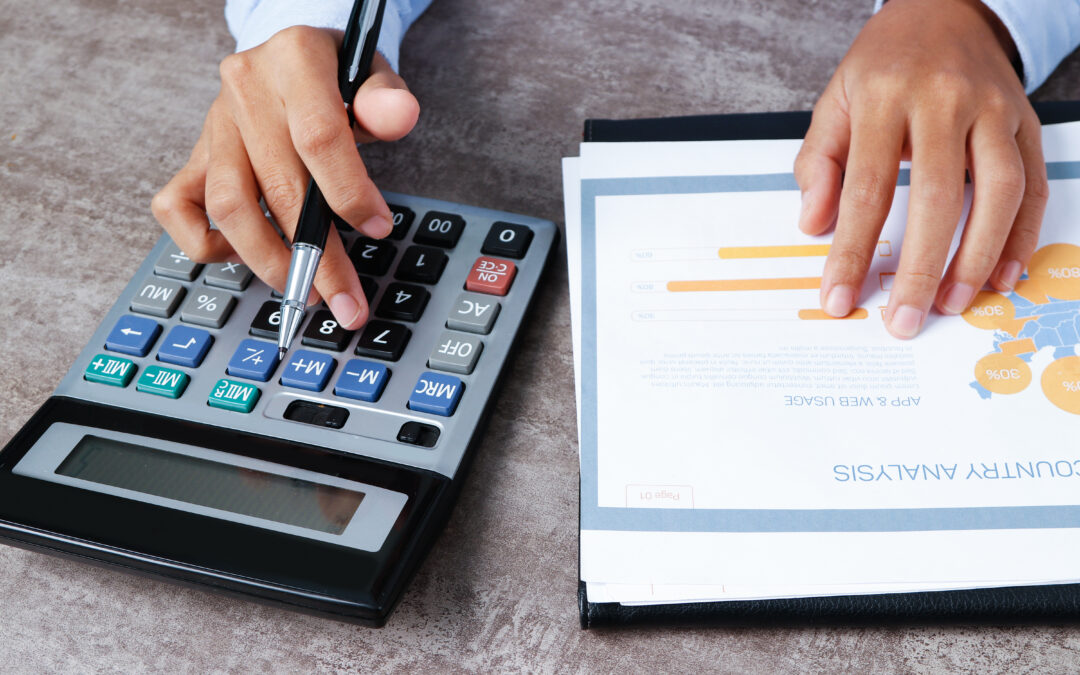In today’s fast-paced and ever-evolving business world, procurement management and accounting stand out as two essential pillars that uphold organizational success. Professionals and companies frequently ask: Is procurement better than accounting? Both functions are crucial, but understanding their distinct roles, responsibilities, challenges, and career prospects can help you determine which path is best for your goals or business needs.
This in-depth article explores the differences between procurement management and accounting, their impact on business operations, and how mastering both can propel organizational efficiency. We will examine each discipline’s core functions, benefits, and future trends, along with detailed career opportunities and challenges.
Table of Contents
Understanding Procurement Management
Procurement management is the strategic process of acquiring goods, services, or works from external sources, often utilizing tendering or competitive bidding. It involves identifying requirements, sourcing suppliers, negotiating contracts, and managing supplier relationships to ensure cost efficiency and quality.
Procurement today extends beyond simple purchasing; it is a critical driver for cost savings, risk management, and supplier innovation. A well-executed procurement strategy aligns with overall business goals and can deliver significant competitive advantages.
Modern procurement managers focus on:
-
Supplier management and evaluation
-
Strategic sourcing and negotiation
-
Cost control and sustainability initiatives
-
Risk mitigation and compliance
Leading platforms like SAP Ariba and Coupa empower procurement teams with data analytics and automation, driving smarter procurement decisions.
What is Accounting?
Accounting is the systematic process of recording, analyzing, and reporting a company’s financial transactions. It ensures financial reporting accuracy, regulatory compliance, and provides crucial insights into profitability, cash flow, and financial health.
Accounting covers various subfields such as:
-
Financial accounting
-
Management accounting
-
Tax accounting
-
Auditing
Accountants maintain financial transparency for stakeholders and support strategic decision-making by preparing budgets, forecasts, and tax compliance reports.
Popular accounting software includes QuickBooks, SAP, and Oracle Financials.
Core Differences Between Procurement and Accounting
| Aspect | Procurement Management | Accounting |
|---|---|---|
| Primary Focus | Acquiring goods and services efficiently | Managing financial records and reporting |
| Goal | Cost savings, quality, supplier relationships | Accurate financial data and compliance |
| Interaction | External suppliers, vendors, contractors | Internal departments, auditors, tax authorities |
| Key Skills | Negotiation, supplier management, market research | Analytical skills, attention to detail, tax law knowledge |
| Impact on Business | Influences operational efficiency and innovation | Influences financial health and strategic planning |
The Role of Procurement Management in Business
Procurement management plays a pivotal role in ensuring organizations acquire the right products and services at optimal prices and quality. Key responsibilities include:
-
Strategic sourcing: Identifying and partnering with the best suppliers.
-
Contract management: Ensuring risk mitigation and compliance through effective agreements.
-
Supplier relationship management: Fostering partnerships that drive innovation and reliability.
-
Cost control: Implementing initiatives to save costs without compromising quality.
-
Sustainability: Integrating ethical and eco-friendly procurement practices.
Procurement is increasingly strategic, supporting business agility, competitiveness, and long-term value creation.
The Role of Accounting in Business
Accounting functions as the financial backbone of any business by providing:
-
Financial reporting: Delivering accurate, timely statements reflecting business health.
-
Budgeting and forecasting: Guiding future planning and resource allocation.
-
Compliance: Ensuring adherence to tax laws, regulations, and financial standards.
-
Audit and controls: Protecting assets and preventing fraud.
-
Decision support: Offering insights that shape corporate strategy.
Without accounting, businesses would lack the financial clarity and governance necessary to sustain growth or attract investment.
Skills Required for Procurement Management vs. Accounting
Procurement Management Skills
-
Expert negotiation and persuasion
-
Supplier evaluation and risk management
-
Market research and sourcing strategy
-
Knowledge of contract law basics
-
Relationship management
-
Proficiency in procurement software and data analytics (SAP Ariba, Coupa)
Accounting Skills
-
Financial analysis and precise reporting
-
High attention to detail and accuracy
-
Understanding of GAAP, IFRS, and taxation laws
-
Proficiency in accounting software (QuickBooks, Oracle Financials)
-
Ethical judgment and confidentiality
Career Opportunities in Procurement Management
The global emphasis on supply chain resilience and cost control is fueling demand for skilled procurement professionals. Career paths include:
-
Procurement Specialist
-
Strategic Sourcing Manager
-
Supplier Relationship Manager
-
Procurement Analyst
-
Chief Procurement Officer (CPO)
Certifications like CIPS and CPSM can significantly boost career advancement.
Career Opportunities in Accounting
Accounting remains a stable and lucrative career with diverse specialization options such as:
-
Staff Accountant
-
Financial Controller
-
Tax Advisor
-
Auditor
-
Chief Financial Officer (CFO)
-
Forensic Accountant
Professional credentials such as CPA and CMA are highly respected in the industry.
Which is More Lucrative: Procurement or Accounting?
Salary levels depend on industry, geography, and experience:
-
Senior procurement roles like Chief Procurement Officer can earn six-figure salaries in large firms.
-
Senior accounting positions such as CFO or senior partners in accounting firms also command high pay.
-
Entry-level accounting jobs often have more standardized pay scales, while procurement roles may offer more performance-based incentives tied to cost savings.
Ultimately, both procurement and accounting offer lucrative career paths with growth potential.
How Procurement and Accounting Work Together
For smooth operations, procurement and accounting departments must collaborate:
-
Procurement handles purchase requests, supplier contracts, and supplier vetting.
-
Accounting tracks expenditures, enforces budget compliance, and processes payments.
-
Both work closely during financial audits and regulatory compliance checks.
-
Integration of ERP systems enhances transparency, control, and data flow.
This synergy reduces financial leakages, improves cash flow management, and strengthens corporate governance.
Challenges Faced in Procurement Management
Procurement managers encounter challenges such as:
-
Supplier risks like delays, shortages, or quality issues
-
Managing disruptions in global supply chains
-
Ensuring ethical sourcing and sustainability compliance
-
Balancing cost savings with supplier quality
-
Keeping pace with emerging technologies and digital procurement trends
Challenges Faced in Accounting
Accountants face a demanding environment that requires:
-
Staying current with constantly evolving tax laws and financial regulations
-
Maintaining data accuracy to avoid costly errors
-
Detecting and preventing fraud through robust controls
-
Adapting to technology innovations such as AI and blockchain
-
Meeting tight deadlines, especially during tax seasons and audits
Future Trends: Procurement Management vs. Accounting
Both disciplines are rapidly evolving, driven by technology and market demands:
Procurement Management
-
AI and machine learning to predict supplier risks and optimize sourcing
-
Increasing focus on sustainability and ethical procurement
-
Blockchain to enhance contract security and transparency
Accounting
-
Automation of routine bookkeeping and reporting tasks
-
Cloud-based real-time financial reporting and collaboration
-
Advanced fraud detection tools powered by AI
Professionals who adapt to these trends will thrive in their careers.
Conclusion: Is Procurement Better Than Accounting?
The question “Is procurement better than accounting?” depends largely on individual preferences, skills, and organizational needs. Both fields are indispensable and offer unique rewards and challenges.
-
Procurement management excels in strategic sourcing, supplier innovation, and operational impact, ideal for those who enjoy negotiation, market dynamics, and relationship-building.
-
Accounting offers financial stability, structured career growth, and a focus on regulatory compliance and precision, perfect for detail-oriented individuals passionate about numbers and finance.
For businesses, the optimal approach is leveraging the complementary strengths of both procurement and accounting to drive financial health, operational excellence, and long-term sustainability.






